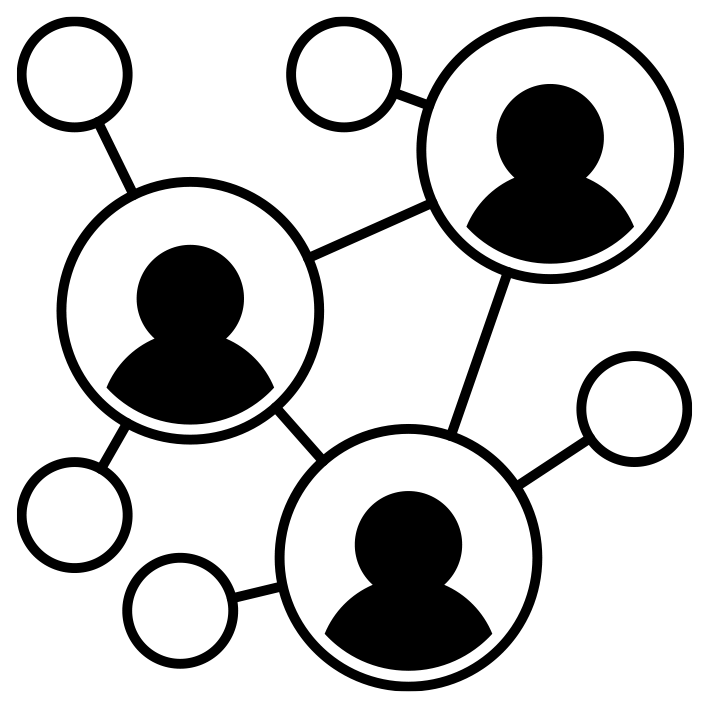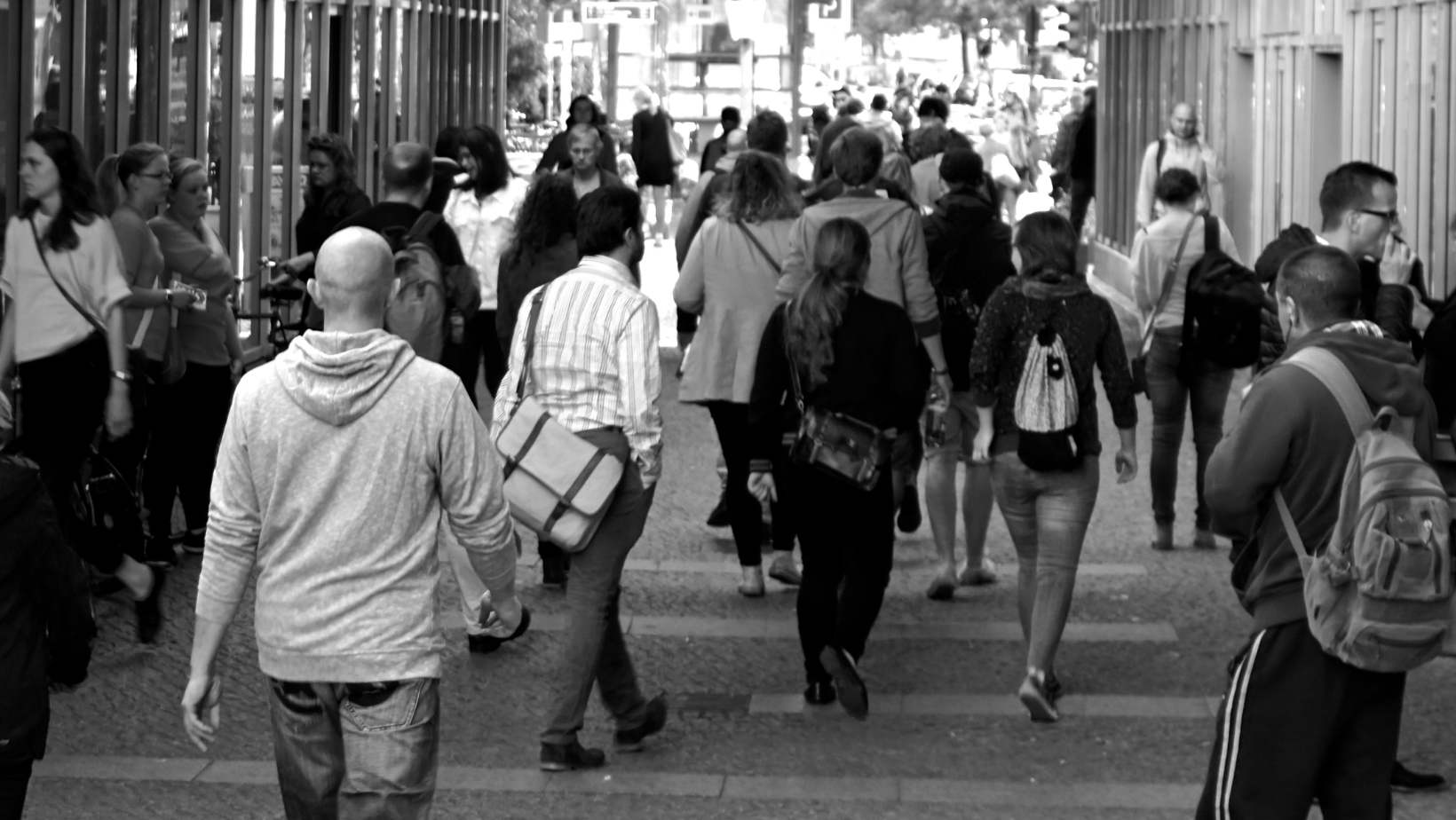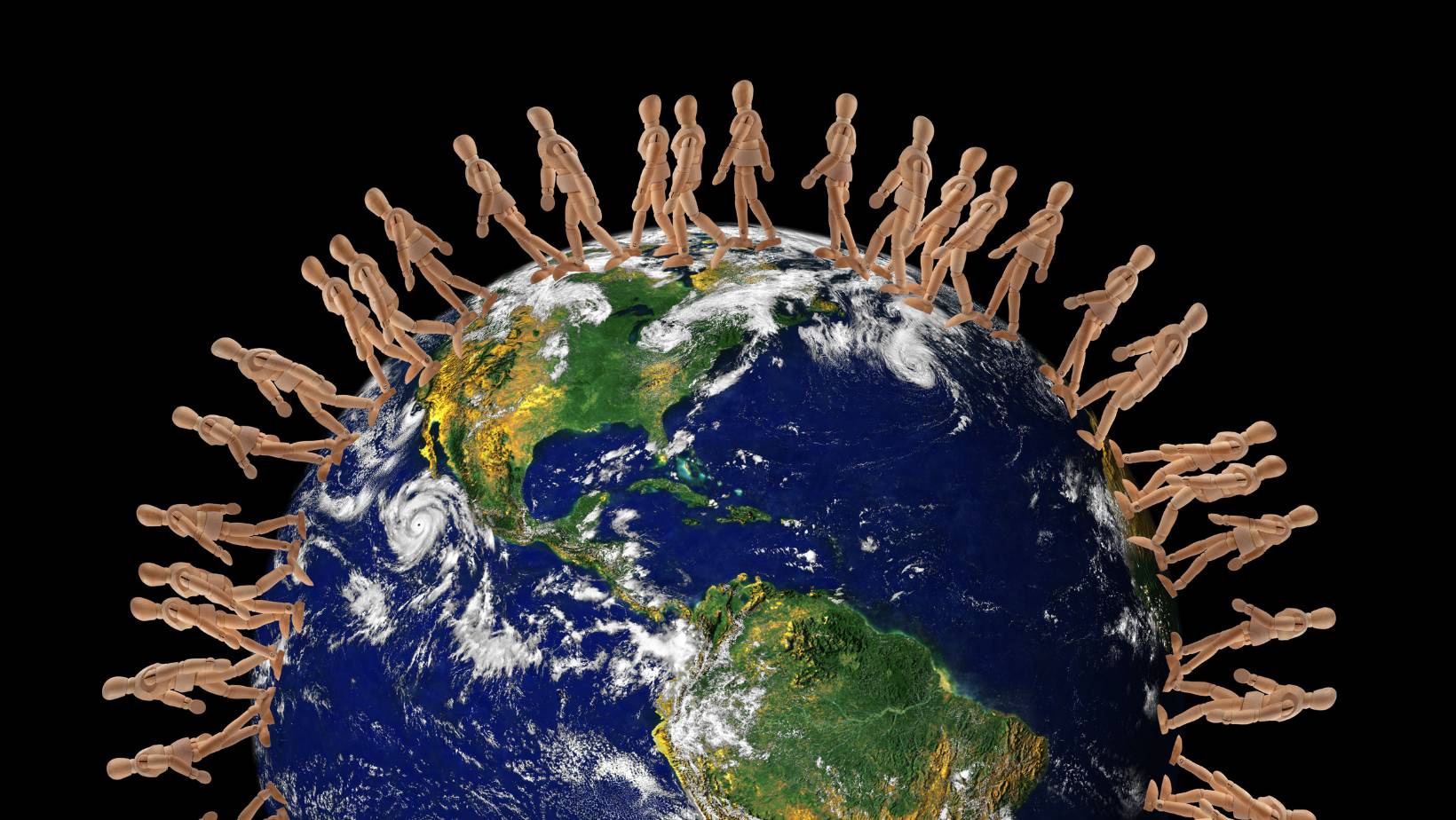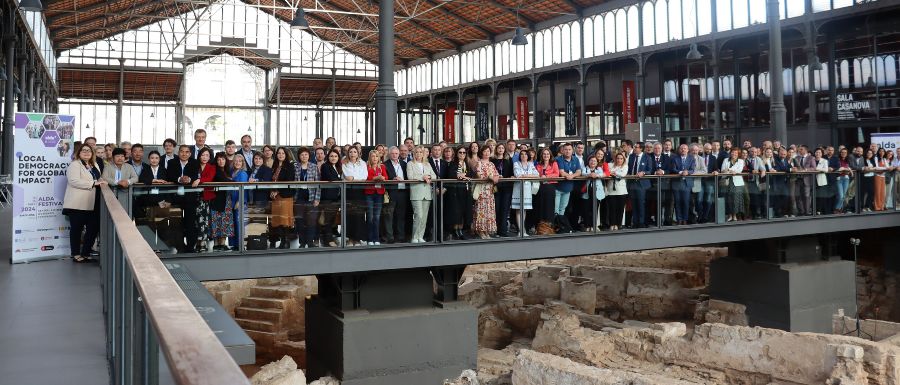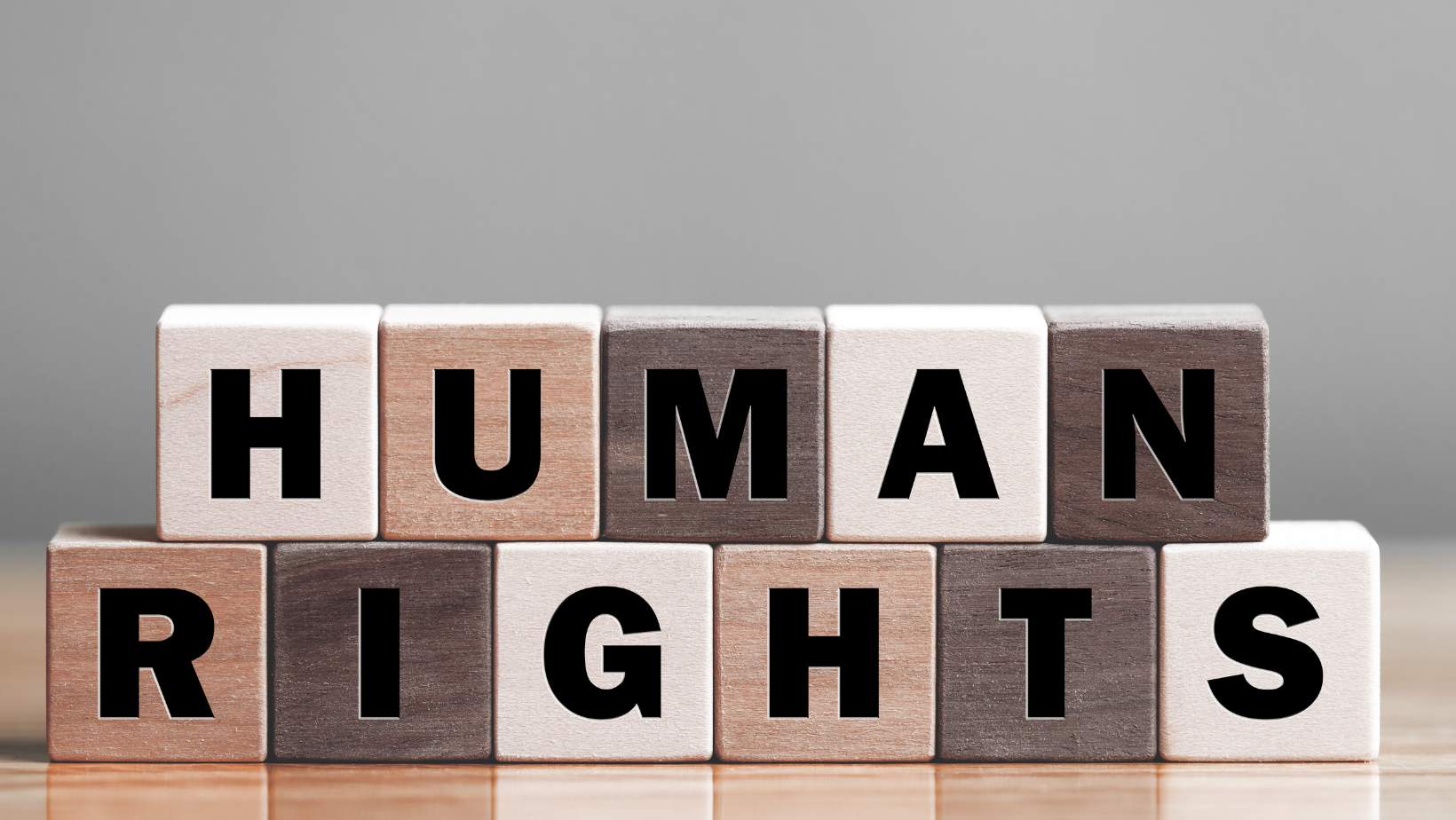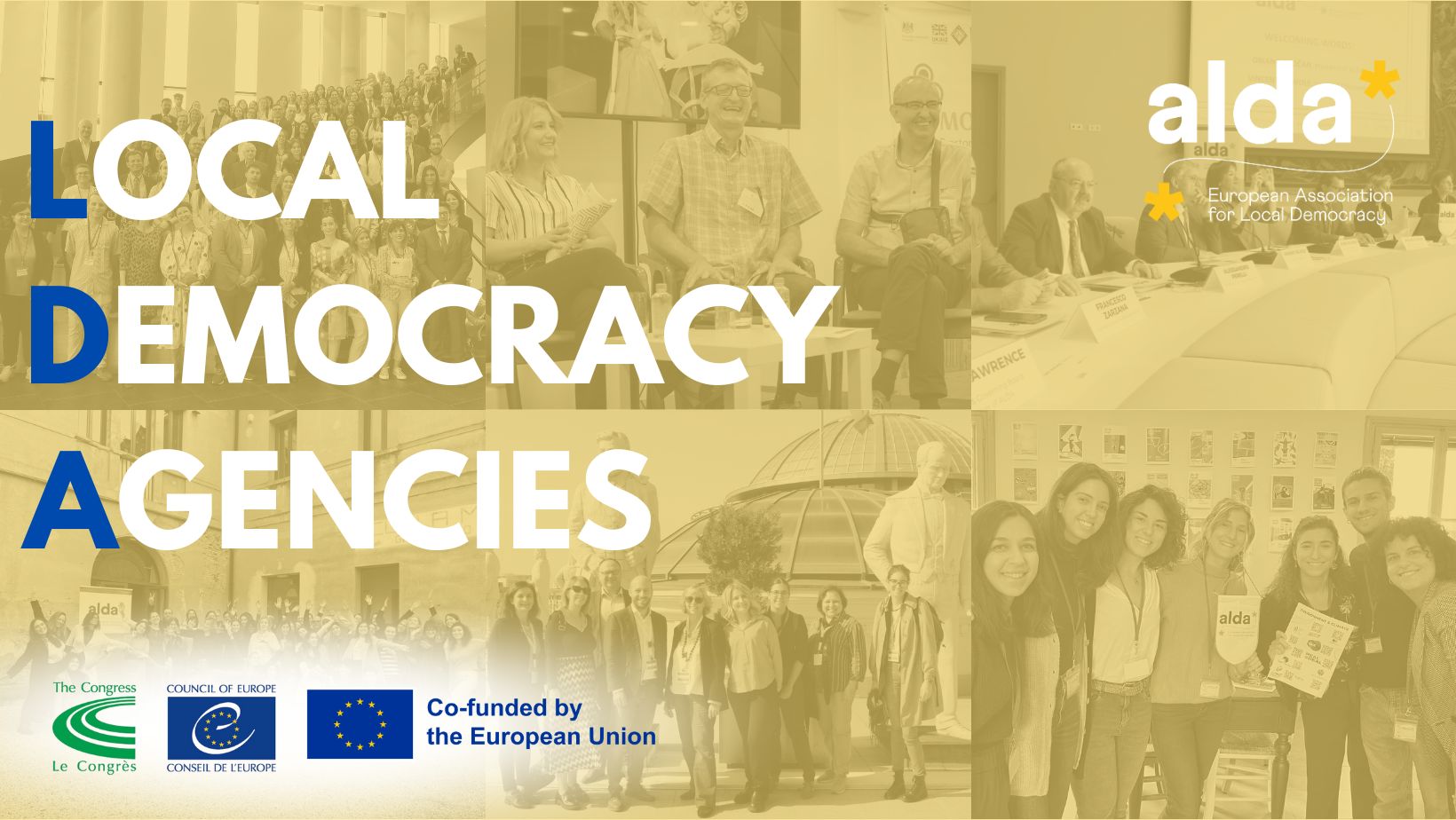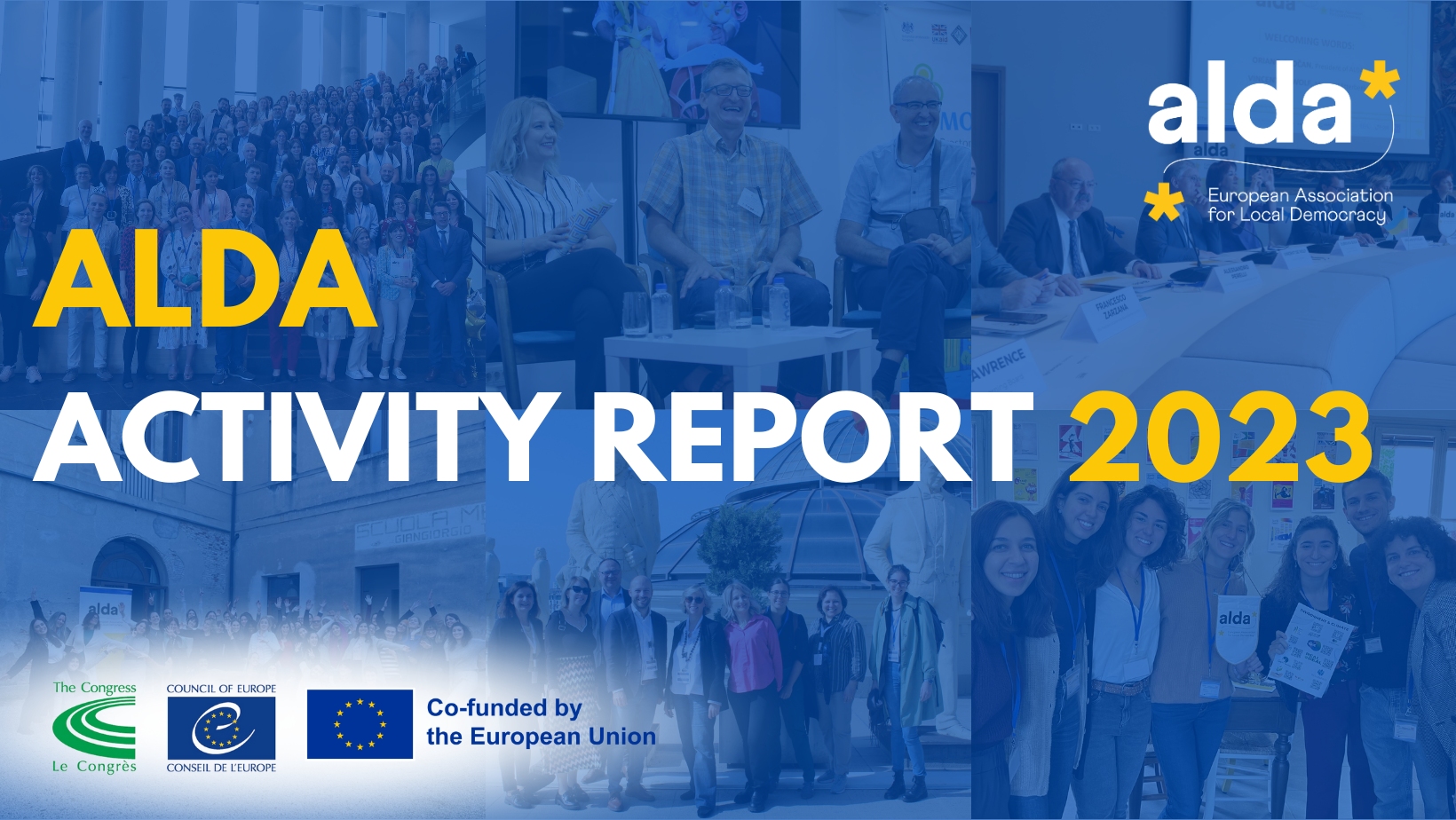
Promoting citizens engagement as a tool to strengthen local democracy, participatory processes and decentralised cooperation in Europe and Worldwide
Migration and mobility are some of the most enduring phenomena in all of human history. Every society in the world has been affected by them, however, the ways in which they occur and their mechanisms are constantly evolving.
Examining their variations in scale, direction, demographics and frequency present difficult but necessary tasks in understanding how migration is evolving and how to inform and implement effective policies, programmes and operational responses to address this multi-faceted issue at multiple levels, from local to international.
According to the World Bank, about 184 million people live outside of their country of nationality as of today. Very often, people are moving driven by issues affecting their country of origin such as poverty and exclusion, climate change consequences, wars and poor or non-existing status of human rights.
However, not all of the issues leading people to leave their countries are currently recognised by international and national legislations as legitimate. Furthermore, the negative impact of the experience of migrating people in the countries of transit and arrival is exacerbated by misinformation and its politicisation.
In the frame of ALDA’s 2024-2028 new strategy, specific commitments are being made regarding the topic of migration. This includes projects such as EPIC-UP, AMIL, SHAPE, EPIC, PERCEPTIONS, SMELT, LIME, INCLUDATE, and 3STEPS. These efforts are due to the growing instrumentalisation, misunderstanding, and mishandling of migration as a threat, particularly in the EU area.
Recognising the intricate links between migration and broader issues like climate change, war, and human rights, ALDA has established a Migration Thematic Hub.
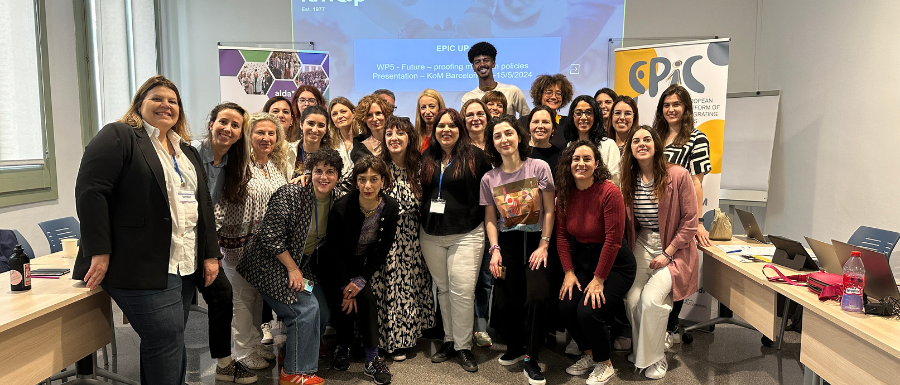
ALDA commits to adopt a specific approach dedicated to supporting the rights of people on the move, newcomers and diasporas as well as the whole recipient community, in particular working with LAs on the management of inclusive communities and with CSOs and citizens groups on the representativeness of migrant populations and their participation in decision-making processes at the local level.
The creation of the Migration Hub is therefore a necessary and positive development to give ALDA the ability to make its work on migration even more capable of generate change and have an impact on policies operating at multiple levels and, therefore, on migrants’ life and the enjoyment of their rights.
This hub operates as a technical instrument and platform of ALDA’s Migration Flagship and Advocacy 2024 – 2028 framework, aiming to bridge grassroots insights with state and EU policy formulation. By incorporating the day-to-day experiences of its members into high-level decision-making processes, ALDA advocates for more relevant and responsive tools and legislation to address the diverse needs and challenges of migrant communities and their host societies.
“Migration is a multi-dimensional reality that cannot be addressed by one government policy sector alone”.
Global Compact for Safe, Orderly and Regular Migration – United Nations
For this very reason, migration has been identified as a powerful driver of sustainable development and as transversal to the 17 SDGs presented in the 2030 Agenda for Sustainable Development. More specifically, we can find a reference to migration in the following SDGs:

ALDA’s Work Context
International and Regional Policies on Migration
Under ALDA’s flagship and strategy objectives for 2024-2028, the Migration Thematic Hub addresses various dimensions of migration by integrating grassroots insights with policy formulation at state and EU levels, ensuring relevant and responsive tools and legislation for migrant communities. ALDA operates within a comprehensive framework of international, regional, and national policies designed to regulate various aspects of migration.
Key Policies and Frameworks:
- Common European Asylum System (CEAS) (2013):
Characterized by differing treatment of asylum seekers and varying recognition rates among EU Member States. Governed by five legislative instruments: Asylum Procedures Directive, Reception Conditions Directive, Qualification Directive, Dublin Regulation, and EURODAC Regulation.
- Joint Valletta Action Plan (JVAP) (2015):
Framework for European cooperation with partner countries on migration. Structured around five areas: migration benefits for development, legal migration, protection and asylum, combating irregular migration, and return/readmission. Monitored by the Khartoum Process, Rabat Process, and Niamey Declaration.
- Global Compact for Safe, Orderly and Regular Migration (2018):
First comprehensive UN agreement on international migration. Consists of 23 objectives for a cooperative approach to optimize the benefits and address the challenges of migration.
- EU Action Plan on Integration and Inclusion (2021-2027):
Focuses on education, employment, health, housing, and active participation in host societies. Addresses specific needs of various groups including women, religious minorities, and persons with disabilities.
- Council of Europe Action Plan on Protecting Vulnerable Persons in Migration (2021-2025):
Ensures protection, access to law and justice, democratic participation, and enhanced cooperation between migration authorities.
- European Commission Report on Migration and Asylum (2022):
Highlights the activation of the Temporary Protection Directive for Ukrainians and the implementation of a coordinated European response.
- EU Pact on Migration and Asylum (2024):
Approved by the European Parliament. Focuses on external border management, efficient asylum procedures, a solidarity framework for asylum applications, and international partnerships to prevent irregular departures and enhance readmission and return cooperation.
Despite the standards in place, their implementation is often flexible, which is detrimental to the welfare of the most vulnerable.
ALDA’s Commitment to Migration
ALDA acknowledges migration as an inherent aspect of human history, recognising the necessity for coordinated efforts and actions among governmental institutions, civil society organisations, and local authorities to ensure the integration and protection of the rights of individuals on the move, thereby fostering better understanding and support within their host communities. Especially in the current situation of the EU and its policies, ALDA recognises that migration is an issue to be addressed at multiple levels, starting from the local level, and necessitating comprehensive strategies and collaboration across various sectors and stakeholders. Multicultural societies are already our realities, and as ALDA we believe this diversity will continue shaping our future, with all the positive impacts that biodiversity can bring in nature. Through the creation of the thematic hub on migration, ALDA aims to tackle these challenges forward as already demonstrated by the previous 8 implemented projects (LIME, MIICT, BRIGHT, EPIC, PERCEPTIONS, 3STEPS, DEVOTE). The projects’ aims were to contribute with actions and activities aiming at supporting the integration, inclusion and participation of migrants in the hosting communities, therefore within a crucial role for Local Authorities and territorial bodies in coordination and enhancing their local integration systems and public services targeting migrants, refugees and asylum seekers – as well as providing policy recommendations to EU institutions based on feedback from the local level. ALDA aims to support the integration and inclusion of migrants as well as to influence policies at the EU level.
ALDA’s Migration Hub Values and Methodology
These initiatives are just the tip of the iceberg about the work that ALDA has done and continues to do on the issue of migration. The creation of the Migration Hub is therefore a necessary and positive development to give ALDA the ability to make its work on migration even more capable of generating change and having an impact on policies operating at multiple levels:
